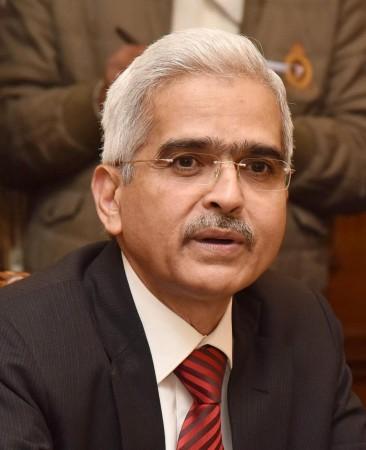
India's Reserve Bank of India (RBI) Governor, Shaktikanta Das, has offered the country's Unified Payments Interface (UPI) system as a plug-and-play model for other nations. This announcement, made during the RBI@90 Global Conference held in Bengaluru, is aimed at facilitating quicker and more cost-effective cross-border remittances among the global community of nations.
The UPI system, a real-time payment system developed by the National Payments Corporation of India, has revolutionized domestic digital transactions in India. It enables multiple bank accounts to be operated through a single mobile application, merging several banking features, seamless fund routing, and merchant payments into one platform. The system's success in India suggests its potential to enhance financial inclusion and efficiency worldwide.
Governor Das emphasized that the UPI system could evolve into a cheaper and quicker alternative to existing channels of cross-border remittances. He suggested starting with small-value personal remittances, which could be quickly implemented. He also highlighted that a solution that works well in India, a country known for its vastness and diversity, has the potential to be customized to the unique requirements of any other country.
The offer to share the UPI system with other countries is in line with India's vision of global harmony and interoperability of payments. However, Governor Das acknowledged that a key challenge could be the fact that countries may prefer to design their own systems as per their domestic considerations. To overcome this, he proposed developing a plug-and-play system that allows replicability while also maintaining the sovereignty of respective countries.

The move to offer the UPI system to other countries aligns with the theme of India's G20 presidency in 2023, 'One Earth, One Family, One Future'. It underlines India's thought process in seeing the world and itself as part of one family with a common future. The recurring agenda of importance across all multilateral settings, including the G20 and international standard-setting bodies like the Committee on Payments and Market Infrastructures (CPMI), has been to bring efficiency to cross-border payments.
The UPI system's potential to transform international transactions is significant. By enabling easier cross-border remittances, it could reduce reliance on traditional, often expensive, money transfer services, benefiting millions of people who regularly send and receive money across international borders. Its adoption could also set a new standard for interoperability and digital financial infrastructure globally.
However, the implementation of interoperability would pose challenges and may involve certain trade-offs. Technical barriers may be surmounted by using common (international) technical standards. Further, the governance structure or management framework for long-term sustainability would also need to be finalized.
The move to share the UPI system globally is reminiscent of the Marshall Plan post-World War II, where European countries were required to unite to map out how to deploy U.S. assistance. This historical event marked a significant shift in global financial aid, emphasizing the importance of local ownership and decision-making in financial matters. Similarly, India's offer to share its UPI system underscores the importance of local decision-making and control in financial transactions, potentially marking a new era in global financial transactions.
India's offer to share its UPI system with other countries is a significant step towards global financial integration. It has the potential to revolutionize cross-border transactions, making them quicker, cheaper, and more efficient. However, the implementation of this system globally will require overcoming technical and governance challenges. With careful planning and collaboration, the UPI system could pave the way for a more interconnected and efficient global payment network, fostering economic ties and supporting the growth of digital economies worldwide.

















